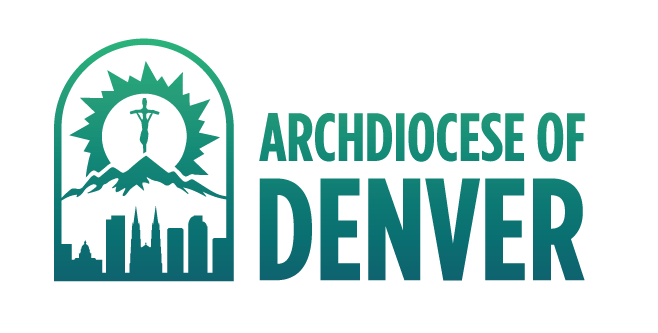Resources on Theology of the Body for Children
Theology of the Body is the topic of a series of 129 lectures given by Pope John Paul II during his Wednesday audiences in St. Peter’s Square and Paul VI Audience Hall between September 5, 1979 and November 28, 1984. There are resources that many parishes use for pre-teens, teens, and adults, and now there are resources for parents to use with younger children. The following resources are designed to be used with children from toddler to age 8.
1. Forever You: A Book About Your Soul and Body by Nicole Lataif
This resource for Christian faith formation introduces children ages 4-8 to what being human is all about. Whether you are a parent, grandparent, or catechist, you will find this resource to be helpful in explaining the concept of a “soul” to your children.
3. Building Blocks of ToB for Kids (3 Volume Set) by Monica Ashour
“Every Body Has Something to Give”
“Every Body Has Something to Say”
“God Has a Plan for Boys and for Girls”
“Who am I?” is a question everyone asks, even the very young. In a culture of confused and misdirected values, it is difficult to raise children to understand that they are created in the image of God. These books seek to affirm the dignity of the human person — body and soul — according to God’s plan. Simple stories cover topics including gender identity, body language, and self-giving love. Ideal for ages 4-7.
4. The Catechist’s Companion K-5 through Ruah Woods
As parents, it’s your deepest goal to help your children grow into people filled with love for themselves and others. To do that, you need to help them understand who God is, who they are, and how they fit into the world. We’re here to give you the clear, simple language and beautiful, accessible, and literature-based resources you need to provide your children with timeless formation—from kindergarten through graduation.
Ruah Woods offers a condensed version of their K-5 curriculum, created for Catechists/Parents to introduce Theology of the Body and is especially geared towards time-constrained Parish Religious Education Programs and/or homeschooling families who may have a limited budget.


